The Economics Of HBO’s Westworld
October 5, 2016 in Daily Bulletin
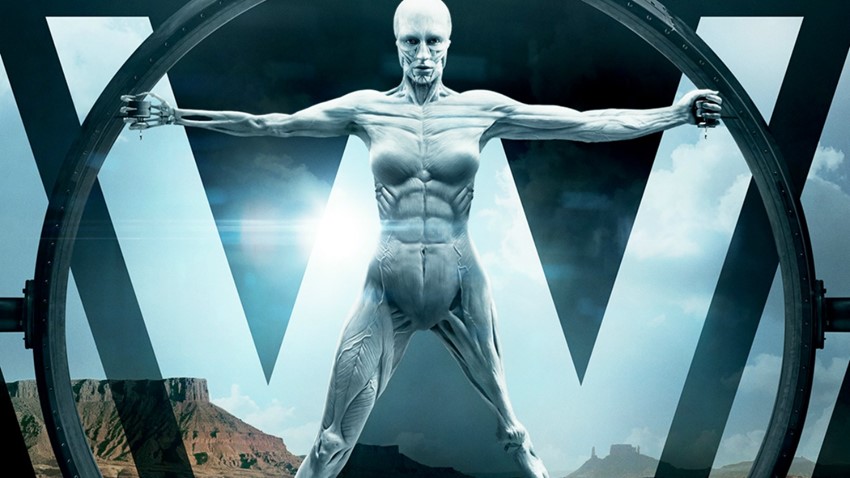
Westworld is HBO’s latest attempt at a blockbuster hit. Lesley Goldberg walked us through some of the economics of the show:
- The entire first season is thought to have a budget of $100 million, with $25 million being blown on the first episode alone – on par with Game of Thrones’s Battle of the Bastards.
- Speaking of Game of Thrones – with the end of the headliner show in sight, HBO needs a new hit to keep itself in the airwaves.
- Part of the reason for the high cost is that the TV show is a remake of a movie – the rights of which are owned by Warner Bros. which negotiated a massive licensing fee in return for allowing HBO to make the show.
- The show features some mega-stars like Anthony Hopkins and Ed Harris; both of whom are thought to earn $175,000 an episode.
Read more at The Hollywood Reporter.

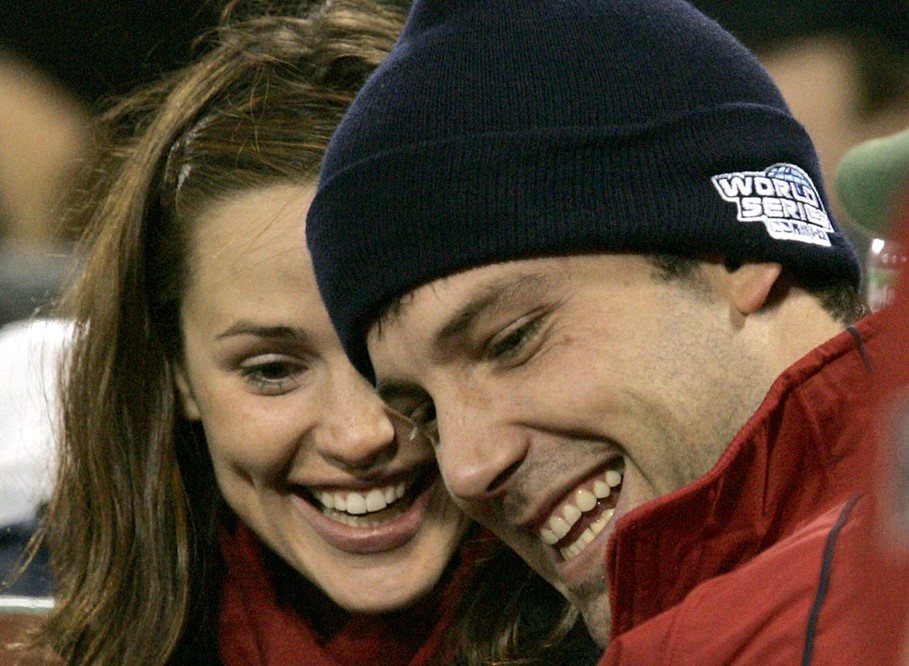


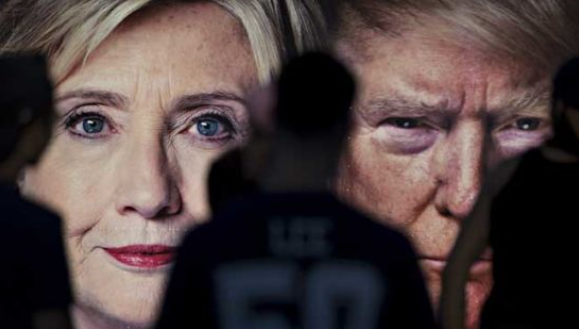
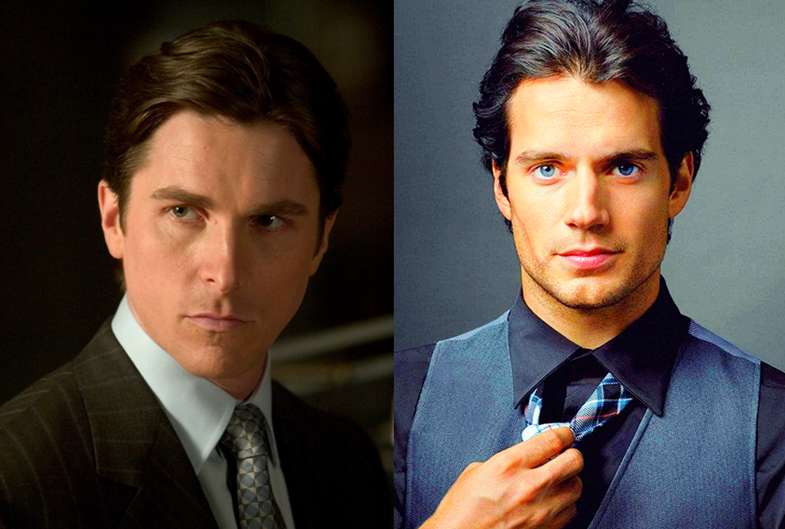
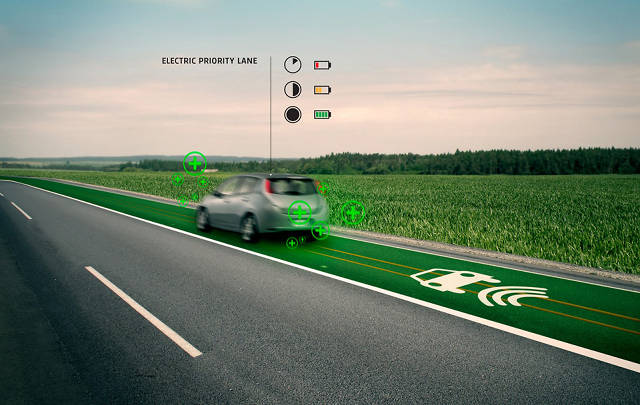

Join the Discussion! (No Signup Required)